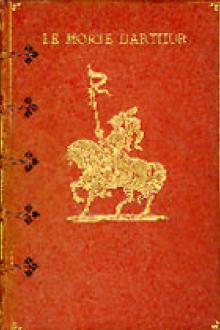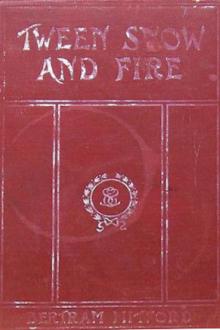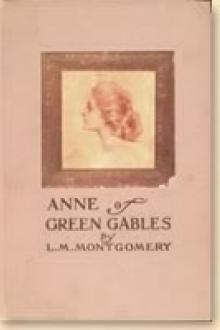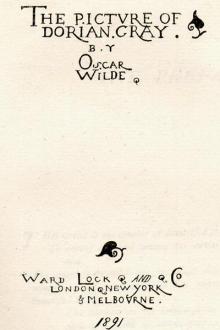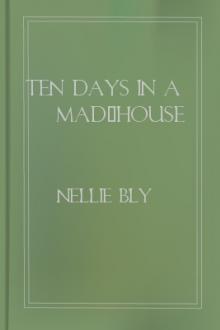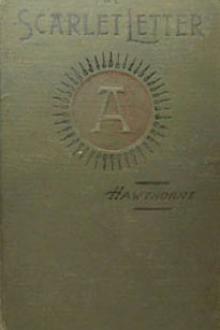Roman Antiquities, and Ancient Mythology
Book Excerpt
The consuls elect were first asked their opinion, and the prætors, tribunes, &c. elect, seem to have had the same preference before the rest of their order. He who held the Senate, might consult first any one of the same order he thought proper.
Nothing could be laid before the Senate against the will of the consuls, unless by the tribunes of the people, who might also give their negative against any decree by the solemn word "Veto," which was called interceding. This might also be done by all who had an equal or greater authority than the magistrate presiding. If any person interceded, the sentence was called "Senatus auctoritas," their judgment or opinion.
The Senators delivered their opinions standing; but when they only assented to the opinion of another, they continued sitting.
It was not lawful for the consuls to interrupt those who spoke, although they introduced in their speeches many things foreign to the subje
Editor's choice
(view all)Popular books in History, Myth
Readers reviews
The second part is about Roman mythology, and tells the stories Apollo, Mercury, Bacchus, Mars, Minerva, Iris and many more. This part of the book also has some bits that read a bit like a encyclopedia, but also more narrative parts.
I recommend this book to anyone who wants to know more about Roman society and Roman mythology. This book is a bit like a encyclopedia, so you don't have the idea that you're reading exiting or thrilling stories, but if its the knowledge of these subject matters you're after, then this book is what you're looking for. You don't need any previous knowledge of these subjects to read this book with ease, it's target audience were highschool students.
- Upvote (0)
- Downvote (0)
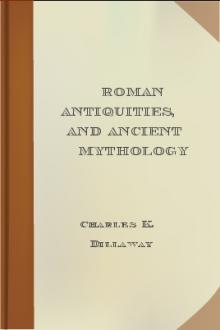
 Free Download
Free Download












